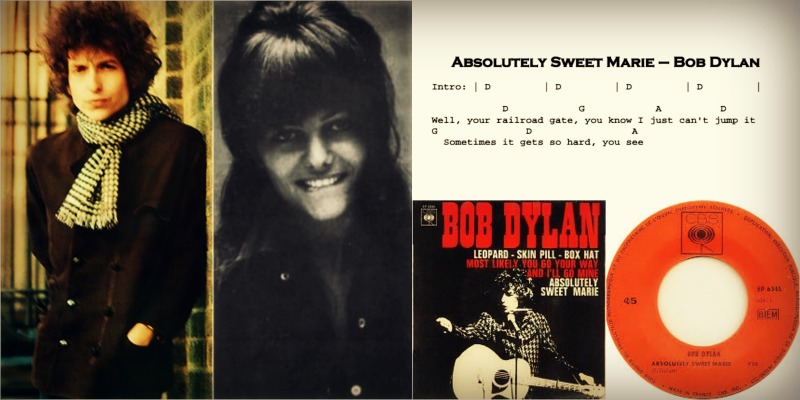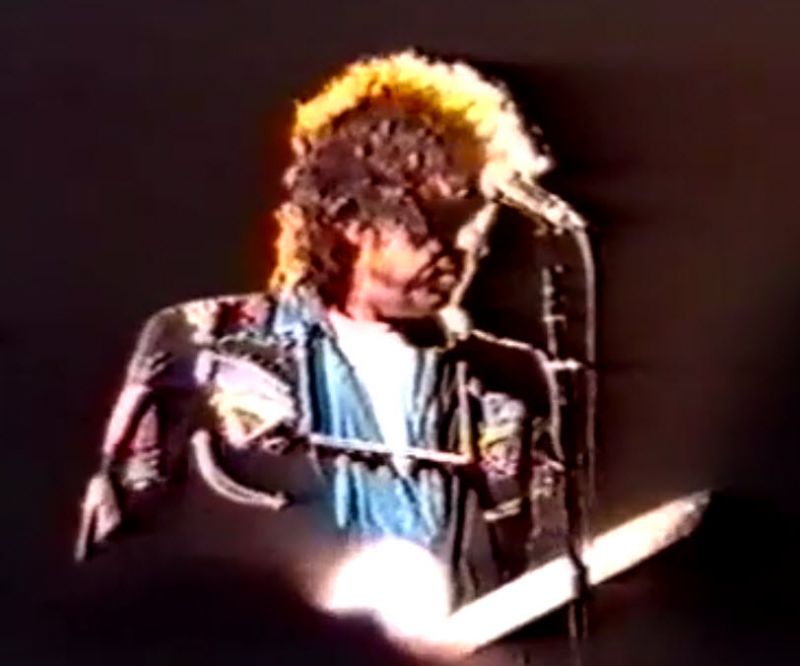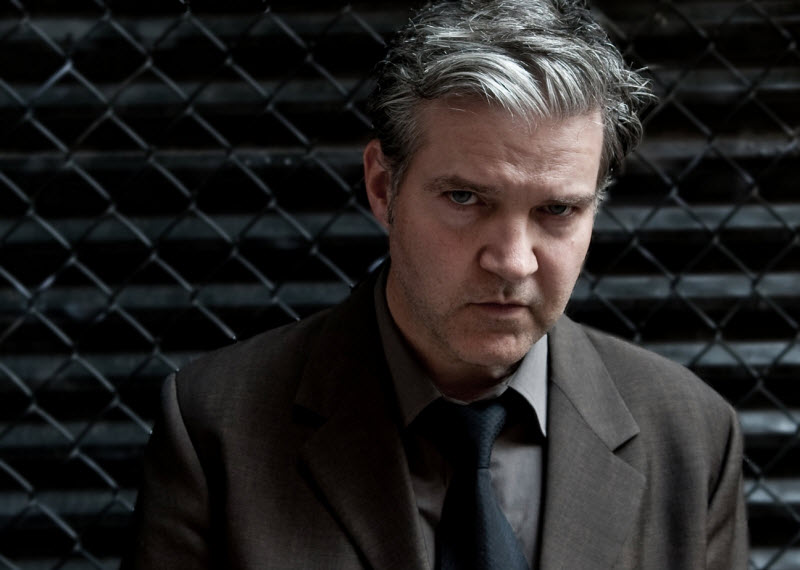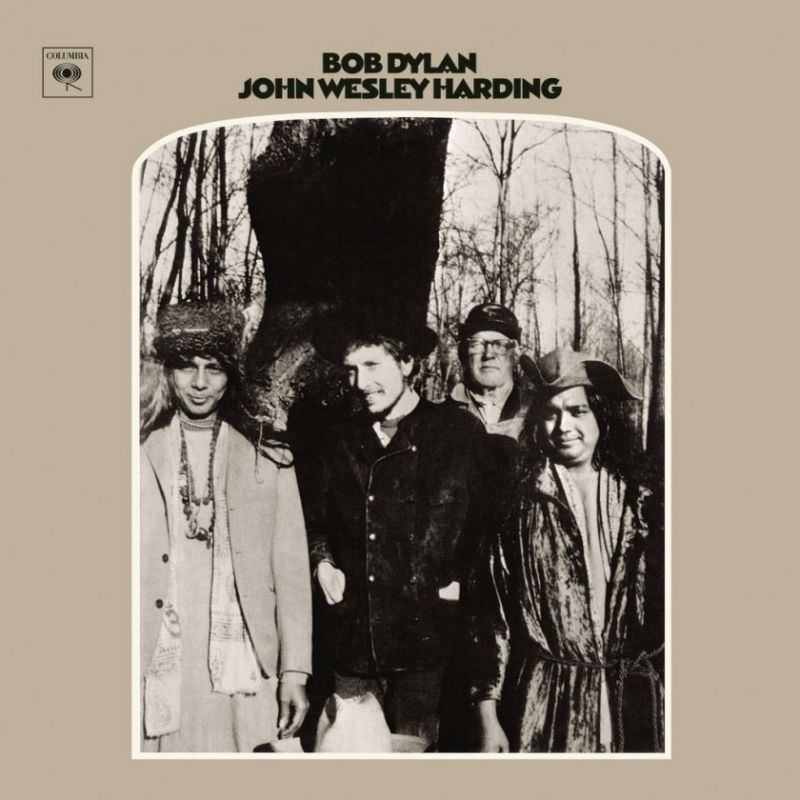Redirecting to a newer version of this post….
[vc_row][vc_column][vc_message message_box_color=”mulled_wine” icon_fontawesome=”fa fa-quote-left”]The people from the Hurricane Carter movement kept calling me and writing me. And Hurricane sent me his book, which I read and which really touched me. I felt that the man was just innocent, from his writings and knowing that part of the country. So I went to visit him and was really behind him, trying to get a new trial.
~Bob Dylan (to Bill Flanagan, March 1985)
Tonight is billed as “The Night of the Hurricane,” and Dylan is in a good mood, dedicating one song to Al Grossman, who is in the audience and “‘is not running for President” (a dig at Muhammad Ali’s attempts to turn the benefit into a political rally). Baez hams it up during her set with Dylan, and Robbie Robertson joins the Revue for a great “It Takes a Lot to Laugh.” Although not as inspired a performance as Montreal, the concert ends the tour on a high note. The traditional end-of-tour party is at the Felt Forum after the show. The partying continues at a restaurant near the Westbury Hotel.
~Clinton Heylin (Bob Dylan: A Life in Stolen Moments Day by Day 1941-1995 )[/vc_message][/vc_column][/vc_row]
)[/vc_message][/vc_column][/vc_row]
The last show of the 1975 tour @ Madison Square Garden, New York City – 8 December 1975.
The show was a benefit concert for the imprisoned boxer, Hurricane Carter, hence the name of the show: “The Night of the Hurricane.” Special guests for the night: Robert Flack and Muhammad Ali.
Madison Square Garden
New York City, New York
8 December 1975
Night of The Hurricane
- Bob Dylan (vocal, guitar)
- Bob Neuwirth (guitar)
- T-bone J. Henry Burnett (guitar)
- Roger McGuinn (guitar)
- Steven Soles (guitar)
- Mick Ronson (guitar)
- David Mansfield (steel guitar, violin, mandolin ,dobro)
- Rob Stoner (bass)
- Howie Wyeth (piano, drums)
- Luther Rix (drums, percussion)
- Ronee Blakeley (vocal)
Continue reading December 8: Bob Dylan – Night of The Hurricane, New York 1975 →




